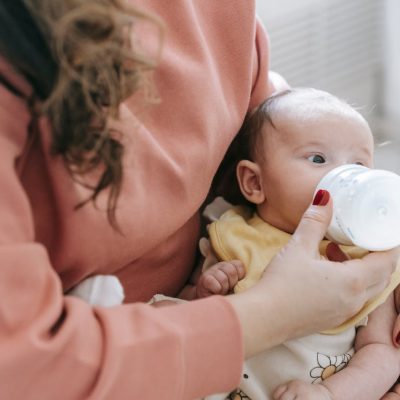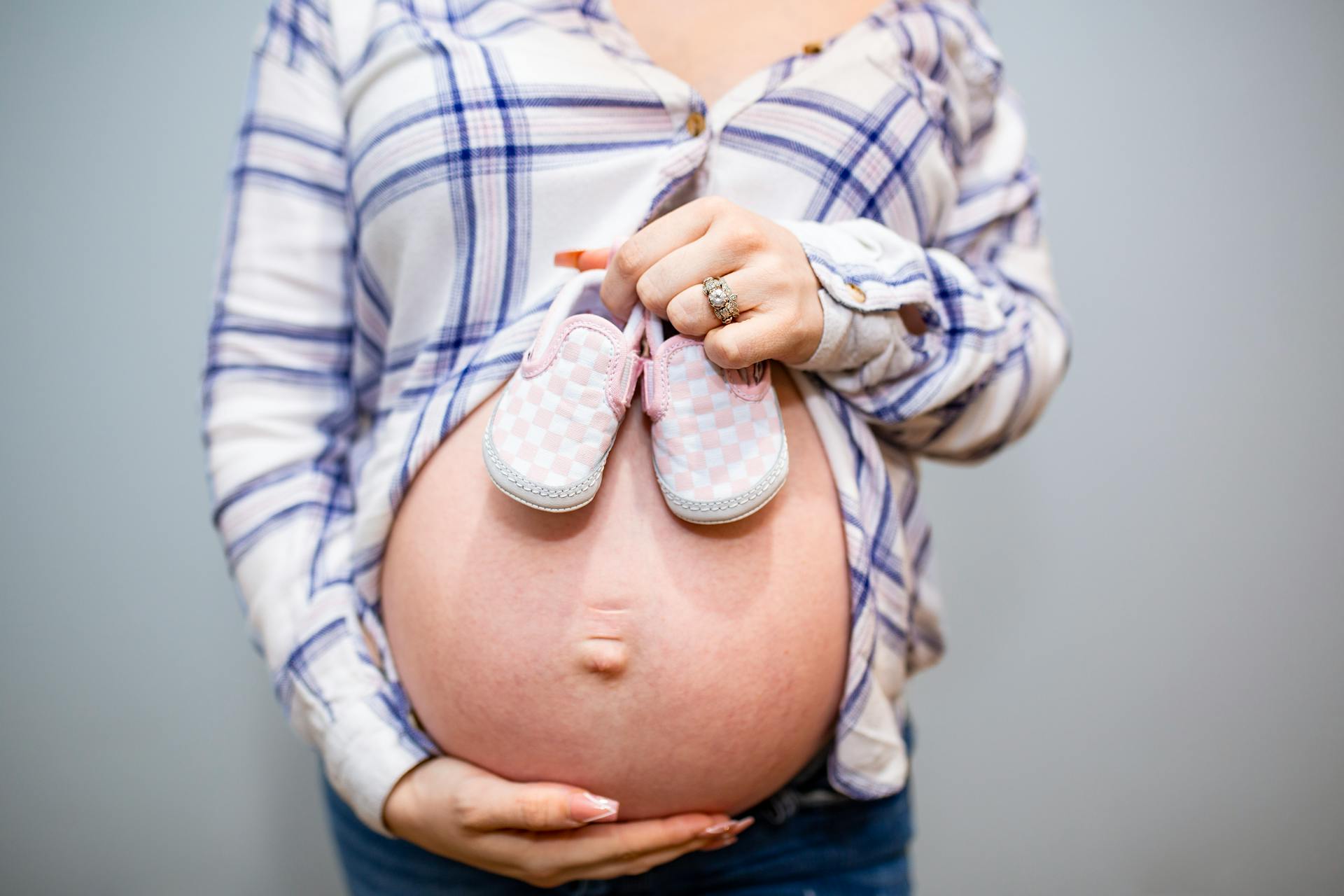As a new parent, you may have many questions about your baby’s diet and hydration needs, including whether it’s safe for newborns to drink water. While water is essential for life, the answer for newborns is more nuanced.
This article provides detailed, evidence-based information on when and why newborns can or cannot drink water, the potential risks, and tips for keeping your baby hydrated and healthy.
Do Newborns Need Water?
The short answer is no, newborns do not need water. For the first six months of life, your baby’s hydration and nutritional needs are fully met through breast milk or formula.
Why?
- Breast milk and formula provide enough hydration. These liquids are approximately 85-90% water, ensuring your baby remains adequately hydrated while also receiving essential nutrients and calories.
- Newborns have tiny stomachs. Introducing water can fill up their stomachs quickly, reducing their appetite for nutrient-rich breast milk or formula.
When Can Newborns Start Drinking Water?
Experts, including the World Health Organization (WHO) and the American Academy of Pediatrics (AAP), recommend introducing water only after your baby reaches 6 months of age.
Why wait until 6 months?
- Developing Kidneys: Newborns’ kidneys are not mature enough to process water effectively. Excess water can lead to a condition called water intoxication, where sodium levels in the blood become dangerously diluted.
- Nutritional Needs: Water provides no calories or nutrients. Until six months, your baby’s primary focus should be on nutrient-dense milk or formula for healthy growth and development.
Risks of Giving Water to Newborns
Giving water to a newborn before six months can have serious consequences. Below are the key risks:
- Water Intoxication
- Newborns’ kidneys cannot handle large amounts of water, leading to an imbalance of electrolytes, particularly sodium.
- Symptoms of water intoxication include irritability, drowsiness, low body temperature, and even seizures in severe cases.
- Malnutrition
- Water fills up the baby’s small stomach, reducing their appetite for breast milk or formula. This can result in insufficient calorie and nutrient intake, affecting growth and development.
- Digestive Issues
- Water can disrupt the balance of electrolytes and digestive enzymes in a newborn’s body, leading to tummy troubles and discomfort.
- Weakened Immune System
- Breast milk contains antibodies that protect against infections. If your baby drinks less breast milk due to water intake, they may miss out on these protective benefits.
When Might Water Be Necessary?
In rare cases, a doctor may recommend water for a newborn, but this is typically under specific medical conditions or controlled circumstances:
- Formula Preparation
- Always use the correct water-to-formula ratio as instructed by the manufacturer. Adding extra water to formula to “stretch” it can lead to water intoxication and malnutrition.
- Medical Treatment
- In some cases, small amounts of water may be given under medical supervision, such as when a baby is constipated or dehydrated due to illness.
- High Temperatures or Hot Weather
- Even in warm climates, breast milk or formula is usually sufficient for hydration. If you’re concerned, consult your pediatrician before offering water.
How to Ensure Your Newborn Stays Hydrated
- Feed on Demand
- Whether breastfeeding or formula feeding, respond to your baby’s hunger and thirst cues to ensure they get enough hydration.
- Monitor Diapers
- A well-hydrated newborn will have six to eight wet diapers per day. Fewer wet diapers may indicate dehydration.
- Watch for Signs of Dehydration
- Symptoms include dry lips, sunken eyes, a sunken soft spot (fontanelle) on the head, and lethargy. Seek medical advice immediately if you notice these signs.
- Stick to Breast Milk or Formula
- These are the only liquids your newborn needs until six months old.
Introducing Water After Six Months
Once your baby starts solid foods (around six months), small amounts of water can be introduced. Here’s how to do it safely:
- Offer Water in Small Quantities
- Start with 1-2 ounces of water per day, gradually increasing as your baby gets older and consumes more solid foods.
- Use a Sippy Cup
- Introduce water in a baby-friendly sippy cup to help your baby practice drinking independently.
- Avoid Bottles for Water
- Reserve bottles for breast milk or formula to prevent confusion and ensure your baby continues to prioritize nutrient-rich liquids.
- Don’t Replace Milk with Water
- Breast milk or formula should remain the primary source of hydration and nutrition until your baby turns one year old.
Frequently Asked Questions
1. Can newborns drink water in hot weather?
No, even in hot weather, breast milk or formula provides all the hydration your baby needs. If you’re concerned, breastfeed or bottle-feed more frequently.
2. Is water necessary for constipation in newborns?
For breastfed babies, constipation is rare. Formula-fed babies may experience constipation, but always consult your pediatrician before offering water or other remedies.
3. Can I dilute formula to hydrate my baby?
No, always follow the manufacturer’s instructions for formula preparation. Diluting formula can lead to water intoxication and malnutrition.
4. What type of water should I use for formula preparation?
Use boiled and cooled tap water or bottled water labeled as safe for infants. Check local guidelines and consult your pediatrician if unsure.
The Role of Water in Toddler Nutrition
As your baby grows into a toddler (around 1 year old), water becomes an essential part of their diet. At this stage, toddlers should drink about 1-4 cups of water per day, depending on their activity level, climate, and overall diet.
Conclusion
For newborns, breast milk or formula is the only source of nutrition and hydration they need for the first six months. Introducing water too early can pose serious health risks, including water intoxication, malnutrition, and digestive issues.
After six months, small amounts of water can be safely introduced alongside solid foods, but breast milk or formula should remain the primary source of nourishment until your baby’s first birthday.
Always consult your pediatrician if you have concerns about your baby’s hydration or feeding routine. By understanding and following these guidelines, you can ensure your little one stays healthy, happy, and well-hydrated.
















